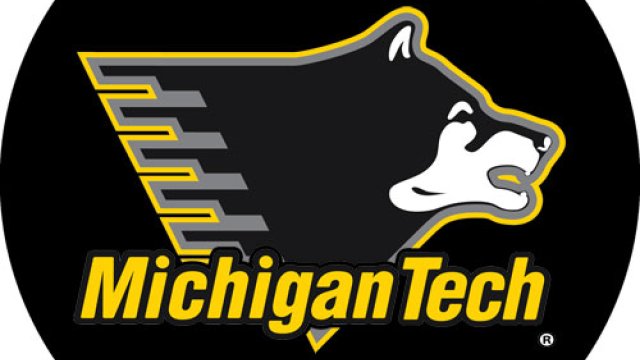Table of Contents
Michigan Tech intervenes to fund TPUSA event after student government denial

ehrlif / Shutterstock.com
Last week, Michigan Technological University overruled its student government’s funding denial for an event hosted by conservative student group Turning Point USA, citing the public university’s obligations under the First Amendment.
On Feb. 15, the university’s undergraduate student government denied a $3,500 funding request for TPUSA to bring conservative political commentator Brandon Tatum to speak on campus. The student government voted 12 to 11 with one abstention to deny funding after members of the Michigan Tech community criticized Tatum as transphobic.
Student government representatives said they denied funding to “protect our students.”
The student government called an emergency meeting on Feb. 17 to discuss the vote. Overriding the original vote would require a two-thirds majority, but the body ended up voting 8 to 8 with four abstentions, meaning the vote failed.
At the time, Michigan Tech’s general counsel said the university did not wish to intervene in student government proceedings because of shared governance, but that as a public institution it was obligated to get involved because the vote was not viewpoint- and content-neutral.
Later that day, the administration reversed the student government’s decision and funded the event.
Public universities are obligated to consider funding decisions in a viewpoint-neutral manner so as to not violate the First Amendment.
FIRE commends Michigan Tech for taking this crucial action. Public universities are obligated to consider funding decisions in a viewpoint-neutral manner so as to not violate the First Amendment. Of course, shared governance is important and should typically be respected, but student governments are also bound by the First Amendment to protect students’ expressive rights.
Michigan Tech’s commitment to free expression has been evident, as it earns FIRE’s highest “green light” rating, meaning none of its policies implicating student expression seriously threaten free speech.
This is not the first time that a student government has ignored its obligations to the First Amendment or to university policies granting students expressive freedoms.
In 2015, FIRE wrote the University of Oregon urging it to intervene in its student government’s refusal to fund a Young Americans for Liberty poker night in support of gun rights. Unfortunately, in that case, the university failed to comply with its First Amendment obligations. In 2018, the University of Rhode Island’s student senate denied funding to multiple student groups because they were deemed “political.” After a letter from FIRE, the student senate voted to remove the barriers to funding religious and political groups. And just last year, Stanford’s student judiciary body overturned its student government’s decision to deny funding to the College Republicans for an event featuring former Vice President Mike Pence.
Student governments must allow even controversial events to be funded on campus to ensure no viewpoint is suppressed. Sydney Dankert, one Michigan Tech student government member who voted to fund the event, got it right.
“Not only is this amount perfectly reasonable … it’s something that our students deserve to have the opportunity to attend,” she said. “And if they don’t agree with the subject matter, that’s fine and they cannot attend or they can go protest. I’m not saying they shouldn’t have that opportunity. But we have this precedent, and I think that that’s the most important thing here.”
We commend Michigan Tech’s swift action and urge other institutions to follow suit. The First Amendment’s protections are not requests — they are requirements that universities must take seriously.
FIRE defends the rights of students and faculty members — no matter their views — at public and private universities and colleges in the United States. If you are a student or a faculty member facing investigation or punishment for your speech, submit your case to FIRE today. If you’re a faculty member at a public college or university, call the Faculty Legal Defense Fund 24-hour hotline at 254-500-FLDF (3533). If you’re a college journalist facing censorship or a media law question, call the Student Press Freedom Initiative 24-hour hotline at 717-734-SPFI (7734).
Recent Articles
FIRE’s award-winning Newsdesk covers the free speech news you need to stay informed.

Texas tramples First Amendment rights with police crackdown of pro-Palestinian protests

Here’s what students need to know about protesting on campus right now

Kansas takes a stand for intellectual freedom



